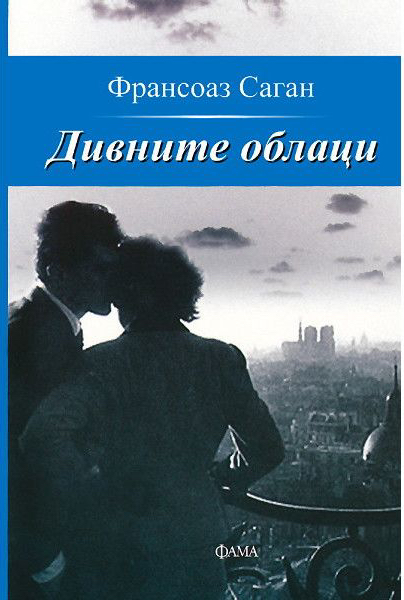So, here goes. First of all, spoilers galore. Secondly, I pirated this one too, and I have no regrets.
First, the good:

- As with all the other entries into the series, the mystery is compelling. It kept pulling me ahead, I often stayed up a bit later than I’d intended to what what interesting bits an interview would supply. And it was more than just trying to guess the murderer, because until the end it wasn’t clear if there even was a murder; so it was more like arranging and rearranging known bits and pieces like puzzle pieces to see which way fits best. I love when a book keeps my mind occupied even when I’m not reading it. And given the terrible style and woeful editing job, that’s saying something.
- No more wide-eyed Robin dying for Strike’s approval – that’s definitely an improvement on her character.
- JKR’s eased a bit on ranting about all those pesky progressives and socialists, and all other types that annoy her IRL, that accounted for about 1/3 of Career of Evil, Lethal White, Troubled Blood and The Ink Black Heart. Here we’re only treated to a couple of sentences here and there as opposed to entire strawman characters that drip with malice.
- The absolute best thing about the book is the mind-blowing suspense and climax around the 65% mark – masterfully built and executed. I stayed up way past my bedtime, hands clapped over mouth, tearing through the pages (well, figuratively speaking, I read it on my Kindle) to see whether Robin makes it out. Delicious 20 or so pages – the pacing, the stakes, the buildup were all calibrated to thrillery perfection. The second star is entirely on account of this feat.
Now, the bad:
- The worst part for me, and the chief reason for rating it so low, is how the subject matter is handled. (In fact, the major issue of the whole book is that it’s all telling and very little showing.) To me, the overarching theme of cults and brainwashing reads under-researched, generic, and unconvincing. It’s a cult, it should be alluring, the reader should be able to feel its attraction, to identify with the characters falling for it – and it’s anything but. The whole topic of the cult is dealt with no insight, just contempt, and it comes off preachy rather than illuminating.
I think that’s related to a fundamental flaw in the whole setup, namely the failure to even hint at why anyone would be drawn to a cult in the first place, why people are susceptible to brainwashing. That’s just left completely off, like it’s self-explanatory, or there are no psychological or social factors at play here. I think that’s very telling, that JKR doesn’t know or want to acknowledge that cults and other similar endeavours target vulnerable people, usually people who weren’t loved like they should be at home, who have no support system. Because that would fly in the face of her point about parents’ actions being ultimately harmless as long as they’re well meant, and about blood and familial ties superseding any other human connection. The client, who is the father of a young man lured into the cult, is basically a saint – he’s got a title, but it’s an earned one because he’s working class, he’s decent, kind, poised, a deeply loving father. He gets complimented by others on how well he raised Will, such a good young man. Ok but then why did Will feel the need to run away, why did he feel the pull of the church away from his family and home? Are we supposed to believe it just happens, like a natural disaster, with no underlying reasons?
The impotence of the writing on this point extends even to basic believability IMO – why would anyone stay in the cult after that first week? After they’d been scolded, made to feel worse about themselves, not to mention underfed and overworked? There’s no alluring message, no irresistible promise or even misleadingly special treatment to make people want to stay and explore further. The messages of the church, which should be the selling point for new recruits and would ideally carry half the weight of showing why it’s so successful, are as basic as it gets – inequality, injustice, war – you can almost see the „etc.“ at the end there. (Just goes to show, I think, how blind JKR is to why cults are so successful and what emotional needs they exploit to hook people. And that she doesn’t take those concerns seriously. She’d dismissed them in one of the previous books as young people misguidedly turning to revolution when incremental reform is the obvious, and only, possible way to do good.) In general, the book offers a thoroughly unsatisfactory, shallow treatment of a fascinating subject matter.
- As with almost all the other books in the series, the mystery is very alluring and promising while you’re reading and utterly underwhelming when it’s unveiled. First of all, the clues are drowned in a cacophony of inconsequential noise, so a satisfactory reveal is impossible – for a good whodunit you need to hide the clues cleverly, not deeply. The reader should want to immediately go back and find them with the new information in mind so they emerge in an entirely different perspective – here you can hardly remember what the clues were because they were buried under a pile of useless information. So you get heightened anticipation with barely any payoff – the book deflates in the last 40 pages or so.
- Related to the above, we have yet another info dump in lieu of reveal – highlighted by the countless repetitions of „she said nothing, smoking“ to punctuate Strike’s 10-page-long exposition on how and why the murderer did what she did. It gets old really fast, and it reads like justification at times rather than explanation – it’s basically the author reading down her list of reasons why this character works as the murderer. I found the psychological side of things vague and generic, too. The murderer offers nothing in the way of explaining her actions, she just sits there while she’s being talked at, we get all insight into her motivation and the state of her psyche from Strike. So you can’t really make up your own mind whether she’s remorseful, still has a conscience, etc. because it’s all being spoon-fed to you by Strike, you’re being told what to think basically. And that doesn’t usually fly in fiction, genre or not.
- The characters are mostly flat, even the supposedly intimidating or compelling ones (Mazu and Jonathan Wace) fail to make an impression – possibly because of the terrible, bland style. But even Strike and Robin seem watered down, and the overexplanation of their every thought and feeling doesn’t help, it’s just holding the reader’s hand like they can’t be trusted to make their own judgement.
- This one isn’t a surprise, and also isn’t really a flaw, just something I don’t like at all, but the tone and the entire line of the book is blatantly conservative. It’s all about extolling the virtues of the family, parents’ love is above question, blood ties are irreplaceable. Yet the series has clear examples of well meaning but terrible parents, the most obvious one being Leda Strike – who comes off even worse in this book, as it’s revealed her neglectful parenting made it easier for men to prey on her young daughter.
There’s an additional iteration of „conservatism good“ in this one, framed as „weird isn’t always harmless“ and emphasised several times. I have a sneaking feeling it has something to do with the author’s IRL attitudes towards youth online movements that embrace more radical approaches and ideas in the social sphere, like accepting people for who they are, not who you’ve decided they are. A number of characters with green or pink hair colour appear, which I think serves as a code for danger for or from them.
Sexual purity (in the form of monogamy here) is not just praised, it’s elevated to the only natural state of things and even to a moral good, by making monogamous characters sympathetic and promiscuous characters devious or downright evil. In fact the only openly promiscuous woman turns out to be the murderer, showing sexual deviance at age 16. „Straightforward sex“ is juxtaposed to anal and oral as coming off good/bad doing it. The sympathetic female cult followers were the ones who wanted to stick to monogamy; a different setup is basically identical to violence – there’s no space for the possibility of consensual non-monogamous relationships or any human connection outside the familial and traditional romantic relationships „based on mutual sexual attraction“. At the same time, sex with underaged girls is only problematised if the bad guys do it, while in the case of Will, victim of the church, it’s waved away as a minor transgression undeserving of prosecution and explained with the effects of brainwashing. Like it’s not the effect on the victim that matters, but the intention of the perpetrator.
- JKR is on form with her usual casual misogyny as well. Not 2 pages in and Robin is once again compared to a trollop, casting her superior femininity in sharp relief. The trollop is vulgar, loud, promiscuous and since her storyline is over halfway through the book, I guess the reason she’s even there is to give Strike some action, because god forbid he go a book without a woman throwing herself at him. Unlike with the female murderers in the previous books (Jan the nurse in Troubled Blood killing her sexual rivals because she’s not as attractive as them; the book agent in The Silkworm murdering in revenge for her sexual failures; Kinvara in Lethal White, smitten with a younger man who despises her), there isn’t really a particularly sexist backstory to explain her actions – she’s driven by filial resentment mostly. However, like the three others, she’s single and childless. I really don’t think that’s a coincidence. She’s also promiscuous, and I think that’s significant too.
- I’m not sure how much the cult is supposed to be a metaphor for „gender ideology“, but the fact that suicide is used as a threat to keep members in (we know suicide rates among trans youth are much higher when their family aren’t accepting) seems not coincidental to me. Also the insistence of church members for new recruits to sever ties with their family, as it’s inherently abusive, and the clear opposition of „sane“ people that parental love isn’t abuse, look like an anti-trans person’s idea of the found family concept for people who can’t find support in their birth families. There’s also the UHC’s mantra that „the physical doesn’t matter, only the spiritual is important“, used in service of manipulation and literal sexual assault – hard not to see it as a shot at the idea of gender as opposed to sex and the supposed threat of trans women in female spaces.
- The romance is terrible, uninspired, so overstretched by now – and so overanalysed explicitly on the page – that the confession at the end lacked any sort of power. Will-they-won’t-they is a balancing act and JKR blew it long ago. 5000 pages of unresolved sexual tensions are entirely too many and the tension fizzled out some time around Robin’s wedding in Career of Evil. And the nonstop dissection of every little thing either of them feels or thinks or tries not to think or feel about the other doesn’t help create a romantic buzz around the characters, quite the contrary.
- Related to the romance subplot, Charlotte’s death is not only not shocking, it’s too obviously convenient and comes across as a weak plot point with no emotional power. It seems like the author’s run out of ideas what to do with her character and needs to put it away. A bit too obvious as a symbol, too – the last obstacle to Cormoran and Robin is removed! The scene on the old church where Strike takes her leave in solitude and with the gentle help of a kindly local priest is cliched in the extreme, formulaic and lazy.
- Finally, the writing style is clunky and unpleasant to read, somehow even worse than before. JKR has never been a great wordsmith (despite the impressive vocabulary), but here it looks almost like she’s given up. It’s wordy, inelegant, convoluted at times; it reads like a rough draft. As intriguing as the mystery is, it’s told in such a dull voice, almost like a report, that it inevitably starts to grate. Even when Robin is inside the UHC and we’re supposed to feel her gradual loss of connection to reality, her immense exhaustion, her assimilation, it’s all rather told to us than shown – it’s observational, descriptive, not visceral or immediate. There’s just too much explanation and telling the reader what to think, or at least that’s how it read to me.
There are also significant editing issues – inconsistencies, typos, missed words from previous versions, and a lot of repetitions that should have been corrected. It’s become a tradition, it seems, to rush these books out without proper proofreading and even editing work.
- And finally finally, a lot of emphasis is placed on Robin and Cormoran being good people, contrasted to the unscrupulous, immoral or morally lax, hypocritical, „dark“ or otherwise shady characters like the Waces, Bijou, Charlotte, Strike’s deadbeat/unfit parents, cheating Matthew, etc. But what they do for a living would really put this definition of them to the test. They routinely lie to people, and not innocent lies either, they take advantage of people’s hopes, manipulate them, exploit their insecurities and emotional needs, offer them false comfort and even put them in danger. It says here and there that Robin feels bad about some of it, but like with everything else in the book, it isn’t shown. It reads like a disclaimer. This is an unresolved issue running through the series that really bugs me, because, like with the statutory rape in this book, it seems to imply bad behaviour is excusable if the right people do it. So whether you’re a good or bad person isn’t a matter of what you do, but who you are. And this is the ultimate conservative value.
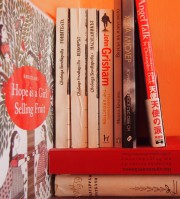
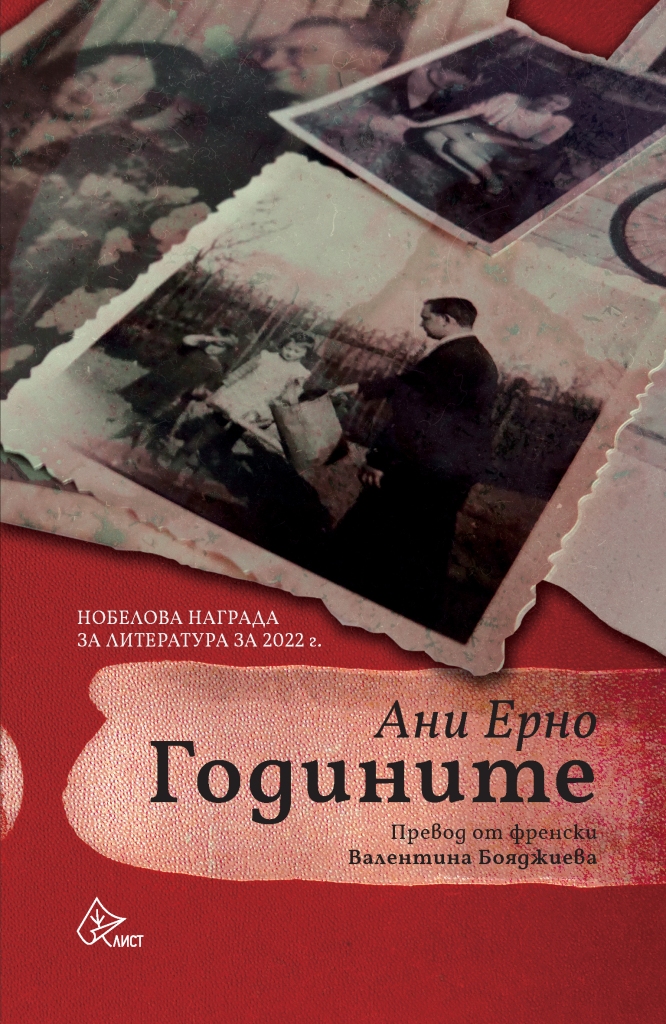
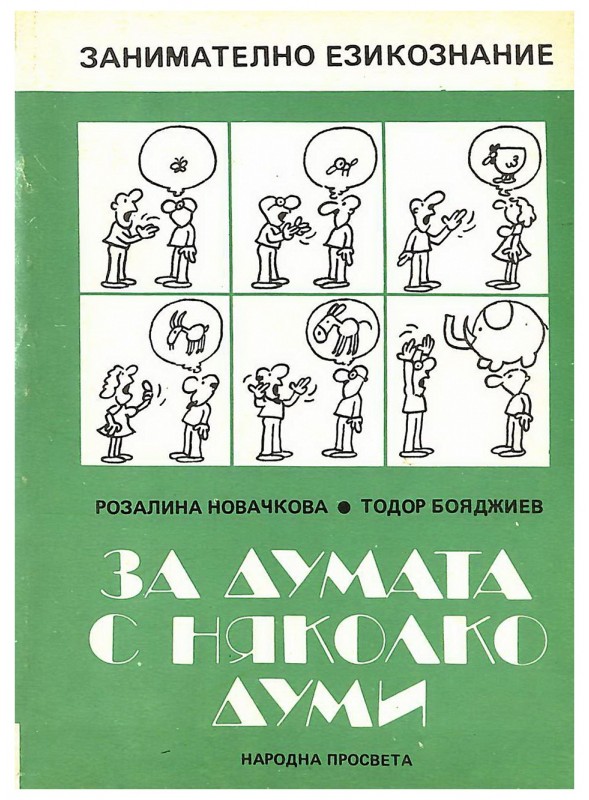
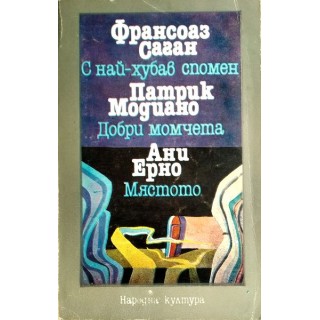


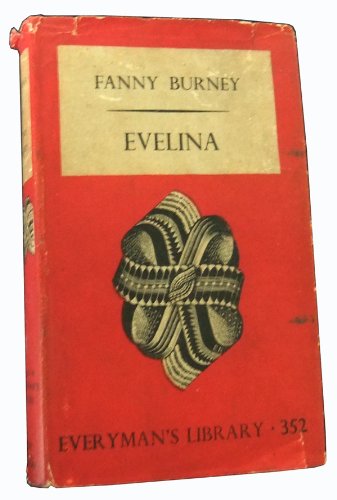 I’m making it sound as though Evelina is a sentimental love story with an excess of declarations of love and hate. There’s a delicious smattering of those, yes, but the book is centred more on character than on sentiment. The heroine grows through her interaction with „the world“ (high life in England in the 1770s) and so do her values, finding their footing. The other characters are methodically revealed as the plot progresses and the author skilfully sidesteps the danger of making them mere sketches of their respective weaknesses. Only the main love interest is rather too perfect, though not one-dimensional – especially considering he’s described through the eyes of a woman in love.
I’m making it sound as though Evelina is a sentimental love story with an excess of declarations of love and hate. There’s a delicious smattering of those, yes, but the book is centred more on character than on sentiment. The heroine grows through her interaction with „the world“ (high life in England in the 1770s) and so do her values, finding their footing. The other characters are methodically revealed as the plot progresses and the author skilfully sidesteps the danger of making them mere sketches of their respective weaknesses. Only the main love interest is rather too perfect, though not one-dimensional – especially considering he’s described through the eyes of a woman in love.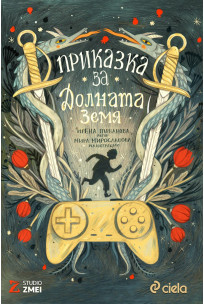 В този отличен детско-юношески роман се разказва за 13-годишния Алекс, пораснал в сянката на двамата си братя, който безцеремонно е пратен на село за цялото лято. В традициите на най-добрата детско-юношеска литература там Алекс завързва приятелства, разплита загадки и се впуска в приключения. Стилът е естествен и наситен с хумор; чете се с лекота и удоволствие. В хода на повествованието някои герои се развиват, а други се разкриват. Авторката има страхотен усет за детския поглед – както към света, така и навътре- т.е. детските страхове и желания; за оптимистичната нагласа на децата и вярата им в чудеса. Героите са ярки и убедителни, някои са обрисувани с 2-3 щриха, които се оказват достатъчни да им придадат жива плътност; всички са създадени с очевидна страст и добронамерен хумор.
В този отличен детско-юношески роман се разказва за 13-годишния Алекс, пораснал в сянката на двамата си братя, който безцеремонно е пратен на село за цялото лято. В традициите на най-добрата детско-юношеска литература там Алекс завързва приятелства, разплита загадки и се впуска в приключения. Стилът е естествен и наситен с хумор; чете се с лекота и удоволствие. В хода на повествованието някои герои се развиват, а други се разкриват. Авторката има страхотен усет за детския поглед – както към света, така и навътре- т.е. детските страхове и желания; за оптимистичната нагласа на децата и вярата им в чудеса. Героите са ярки и убедителни, някои са обрисувани с 2-3 щриха, които се оказват достатъчни да им придадат жива плътност; всички са създадени с очевидна страст и добронамерен хумор.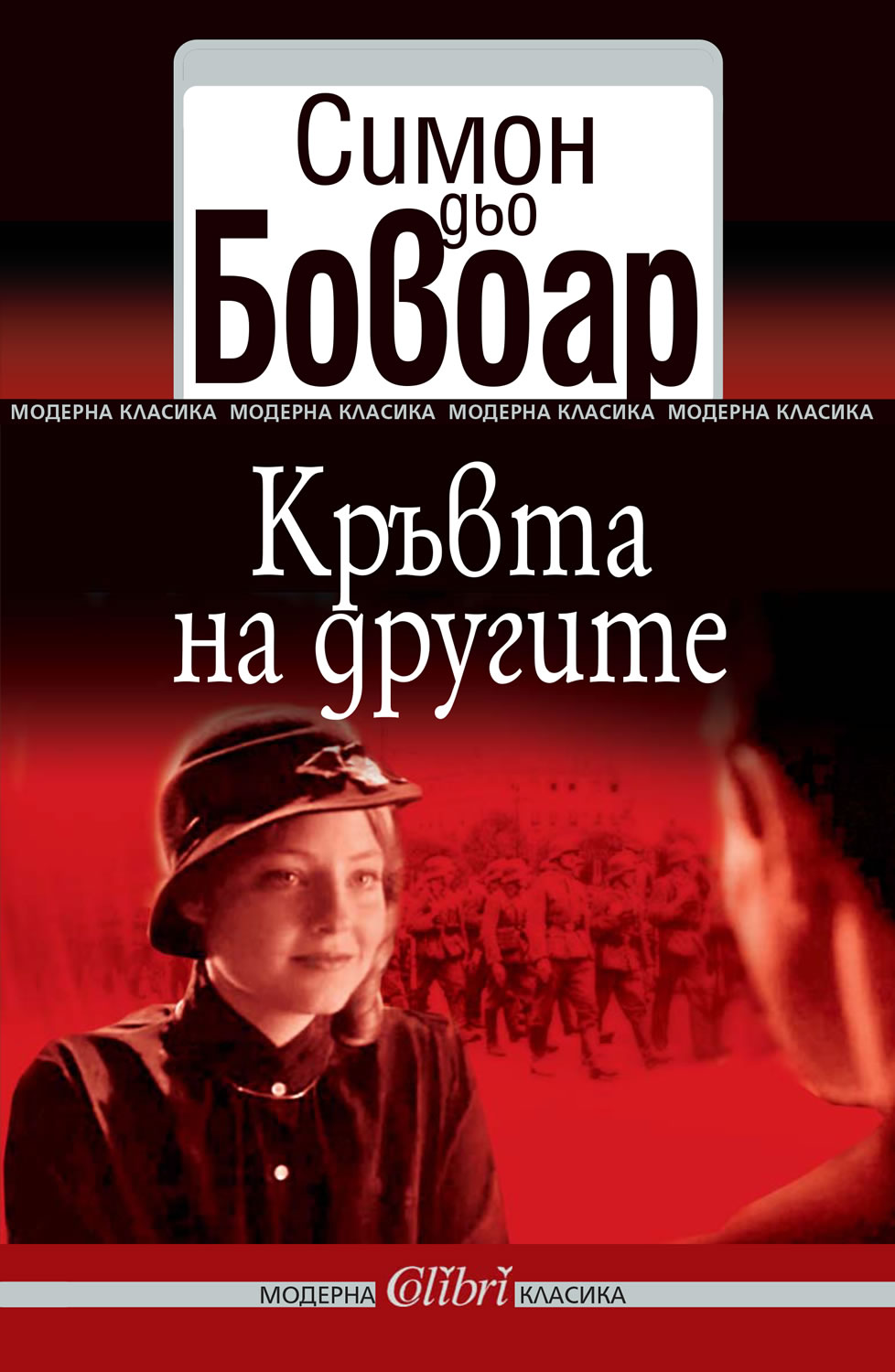 Симон дьо Бовоар е философка и тази книга е защита на философска теза, представена във вид на роман. Жан, главният герой, от малък е измъчван от угризения и чувство за вина; отначало заради по-доброто си социално и икономическо положение спрямо голяма част от сънародниците си, по-късно от неизбежността на факта, че всяко негово действие и дори бездействие се отразява на някой друг. Той не вижда спасение дори в смъртта, защото и тя ще оказва влияние върху останалите след него. Тези чувства го довеждат до състояние на пълна пасивност, граничещо с парализа – той не смее да предприеме нищо, да се обвърже с нищо (вкл. в личния си живот), да защити някаква позиция гласно, за да не предизвика последствия, за които ще носи отговорност – и въпреки това живее в ужас, че дори следвайки тази философия, пак се явява фактор в живота на други хора, които се влюбват в него, влияят се от думите му и в крайна сметка страдат заради него (Елен защото го обича безнадеждно; Жак защото умира, след като се увлича по неговите идеи). Постепенно, в хода на романа, граничните обстоятелства на Втората световна война неизбежно му показват абсурда на тази идеология и ги тласкат от пълна пасивност към целенасочено действие, защото в крайна сметка осъзнава, че е по-добре да натовариш душата си с вина заради активно причинено страдание в името на съзнателна прегърната кауза, отколкото да ти тежи страдание, което си можел да предотвратиш, но си бездействал от прекомерна грижа за собствената душа за сметка на чуждана несвобода.
Симон дьо Бовоар е философка и тази книга е защита на философска теза, представена във вид на роман. Жан, главният герой, от малък е измъчван от угризения и чувство за вина; отначало заради по-доброто си социално и икономическо положение спрямо голяма част от сънародниците си, по-късно от неизбежността на факта, че всяко негово действие и дори бездействие се отразява на някой друг. Той не вижда спасение дори в смъртта, защото и тя ще оказва влияние върху останалите след него. Тези чувства го довеждат до състояние на пълна пасивност, граничещо с парализа – той не смее да предприеме нищо, да се обвърже с нищо (вкл. в личния си живот), да защити някаква позиция гласно, за да не предизвика последствия, за които ще носи отговорност – и въпреки това живее в ужас, че дори следвайки тази философия, пак се явява фактор в живота на други хора, които се влюбват в него, влияят се от думите му и в крайна сметка страдат заради него (Елен защото го обича безнадеждно; Жак защото умира, след като се увлича по неговите идеи). Постепенно, в хода на романа, граничните обстоятелства на Втората световна война неизбежно му показват абсурда на тази идеология и ги тласкат от пълна пасивност към целенасочено действие, защото в крайна сметка осъзнава, че е по-добре да натовариш душата си с вина заради активно причинено страдание в името на съзнателна прегърната кауза, отколкото да ти тежи страдание, което си можел да предотвратиш, но си бездействал от прекомерна грижа за собствената душа за сметка на чуждана несвобода.